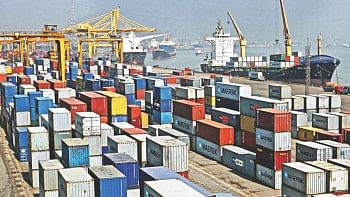India to extend telemedicine system to all Saarc states
After introducing telemedicine system in Sri Lanka and Bhutan, India will extend this facility to other Saarc countries soon.
In keeping with its commitment at the 14th Saarc Summit held in New Delhi in April last year, India is implementing a telemedicine project in the region under which super-specialty hospitals in India will provide telemedicine services to designated hospitals in member-countries, Indian Foreign Minister Pranab Mukherjee said.
The project is already being implemented in Bhutan and Sri Lanka and will be extended to other Saarc countries, he said while inaugurating a meeting of Southeast Asian Health Ministers in New Delhi on Monday.
He also said that India's programme on telemedicine under Saarc can be replicated by adaptation to the Southeast Asian region under WHO.
Mukherjee also called for cooperation among Saarc and Asean countries under the aegis of World Health Organisation in the health sector. South East Asia is home to more than a quarter of the world's population with almost 30 percent of the global disease burden, he added.
"The countries of this region, many of them being economies in transition, bear the irony that on one hand we have strong economic growth leading to prosperity of the people as never before; on the other, sustenance of growth momentum is threatened by weak social sector indicators led by poverty, illiteracy, disease and ill-health", he said.
Pointing out that the region faces prevalence of communicable diseases and non-communicable diseases and "unprecedented threats from emerging infectious diseases and the growing burden of chronic diseases", Mukherjee said, "Negotiating such diverse needs and challenges requires different thinking hats".
WHO Director-General Dr Margaret Chan, Dr Samlee Plianbangchang, WHO Director for South-East Asia, and other WHO experts are attending the four-day meeting.
Margaret Chan said health ministers in the region are concerned about climate change and "all the experts tell us: robust health systems that reach the poor are the best protection against the health shocks of extreme weather events.
Plianbangchang also reiterated that climate change poses a formidable challenge to human health in the region.

 For all latest news, follow The Daily Star's Google News channel.
For all latest news, follow The Daily Star's Google News channel. 



Comments